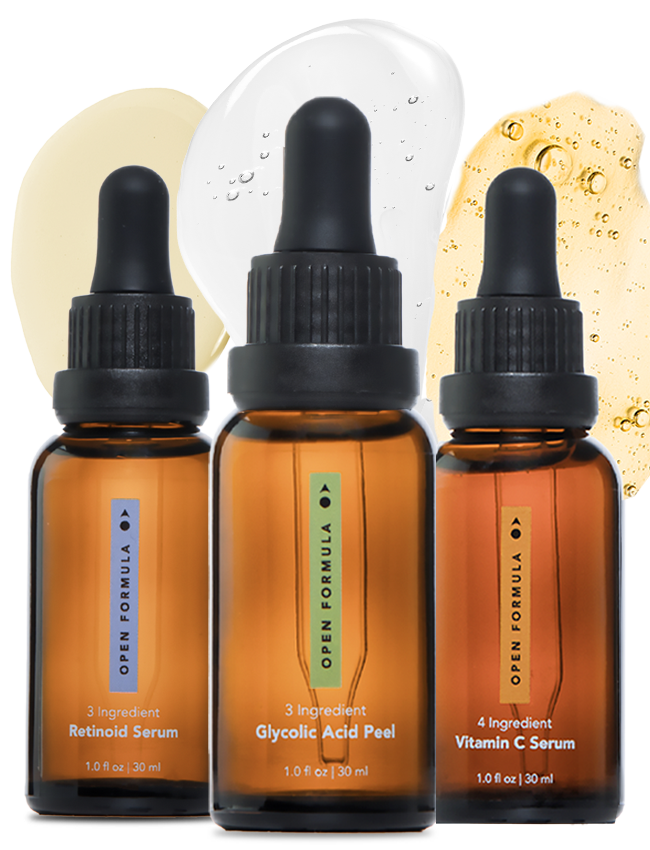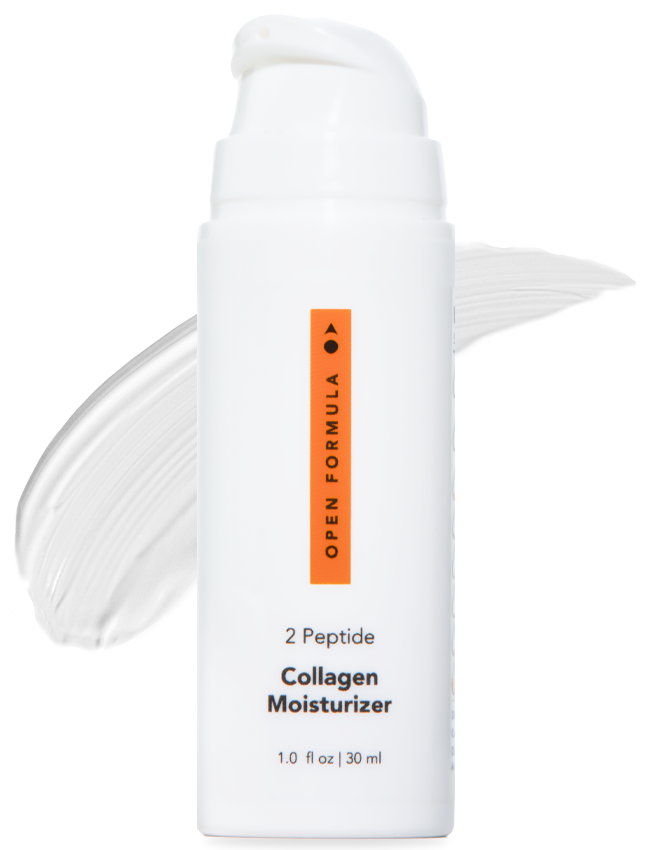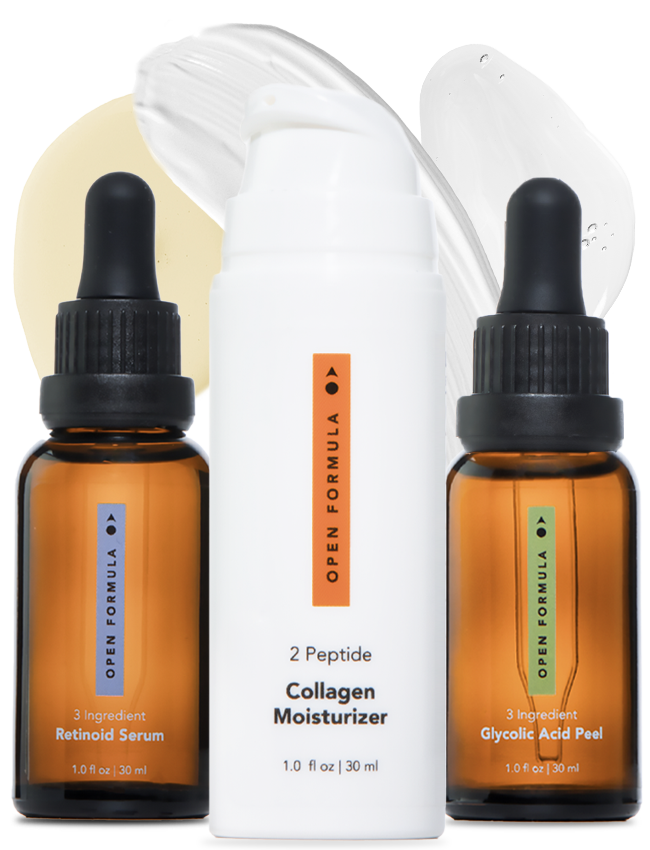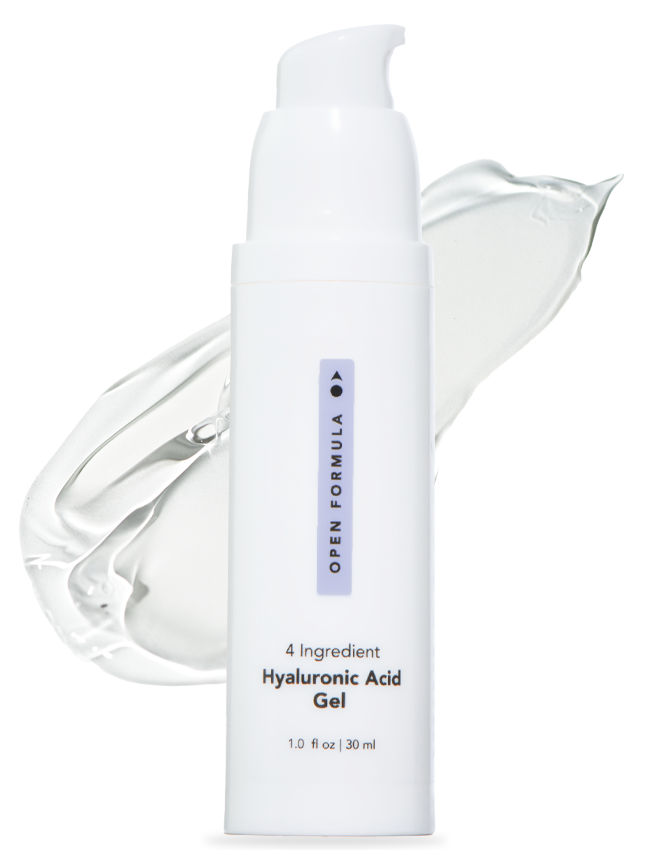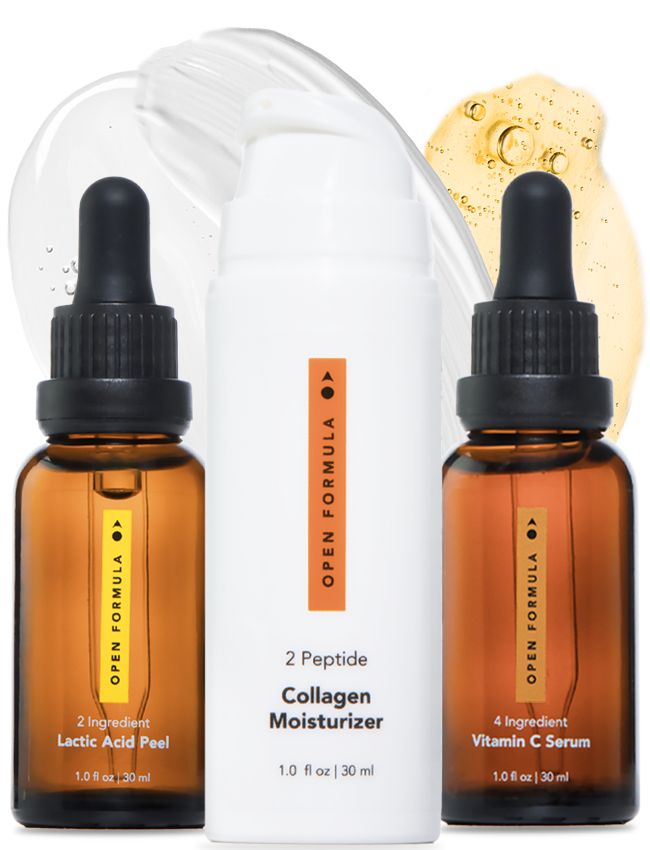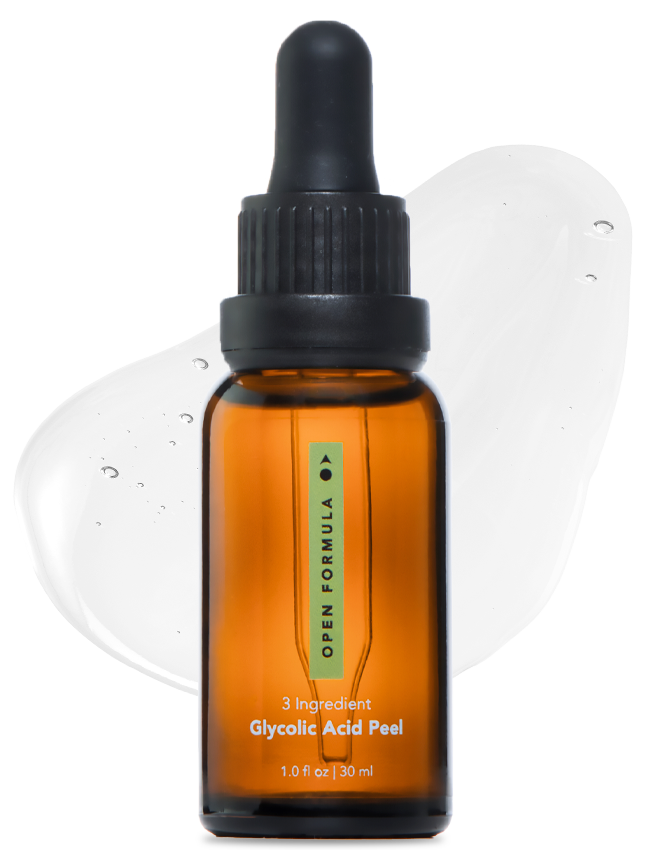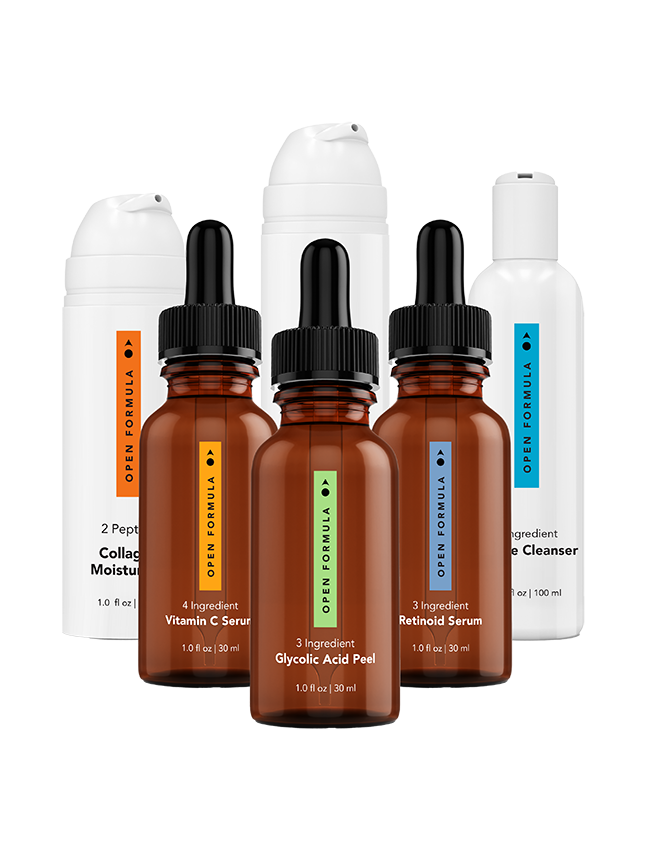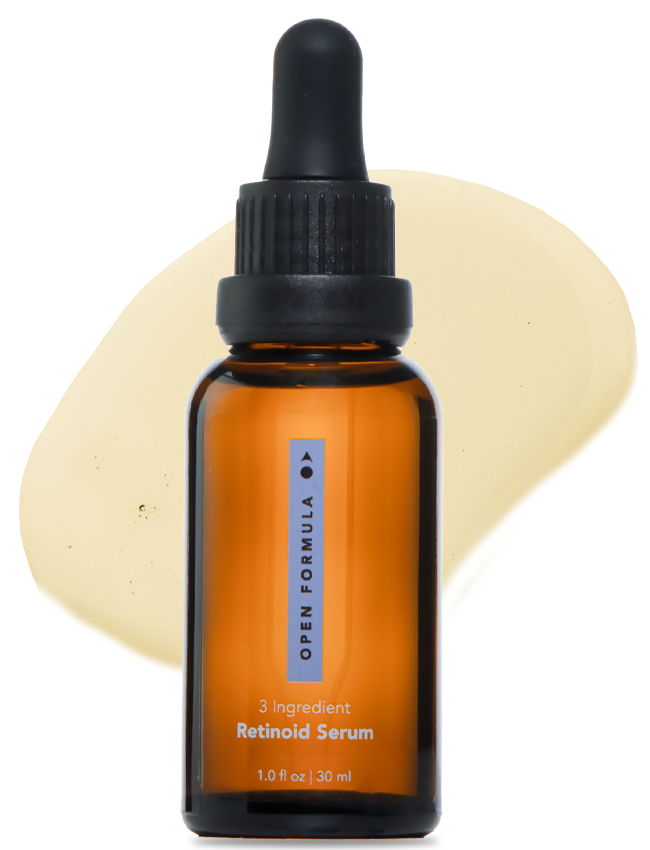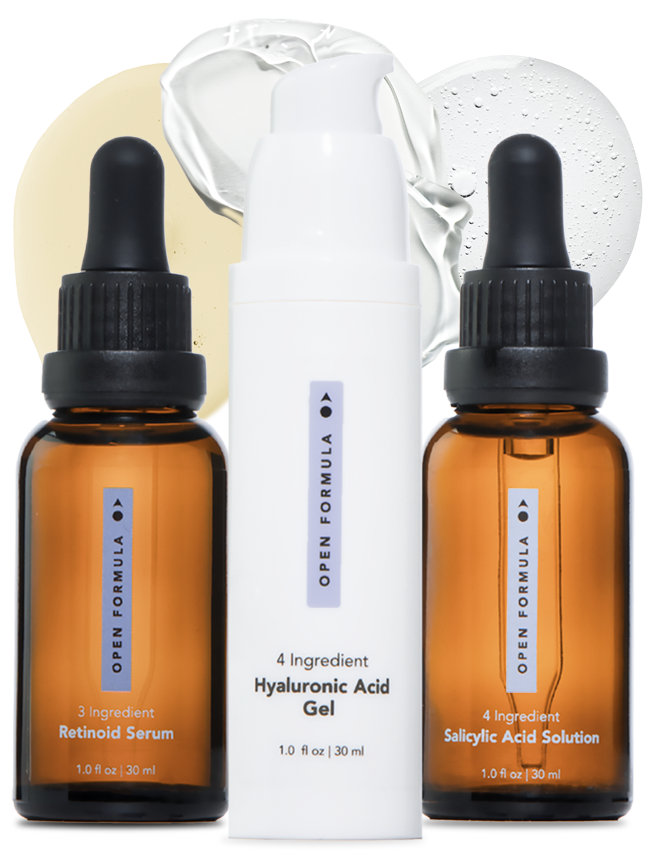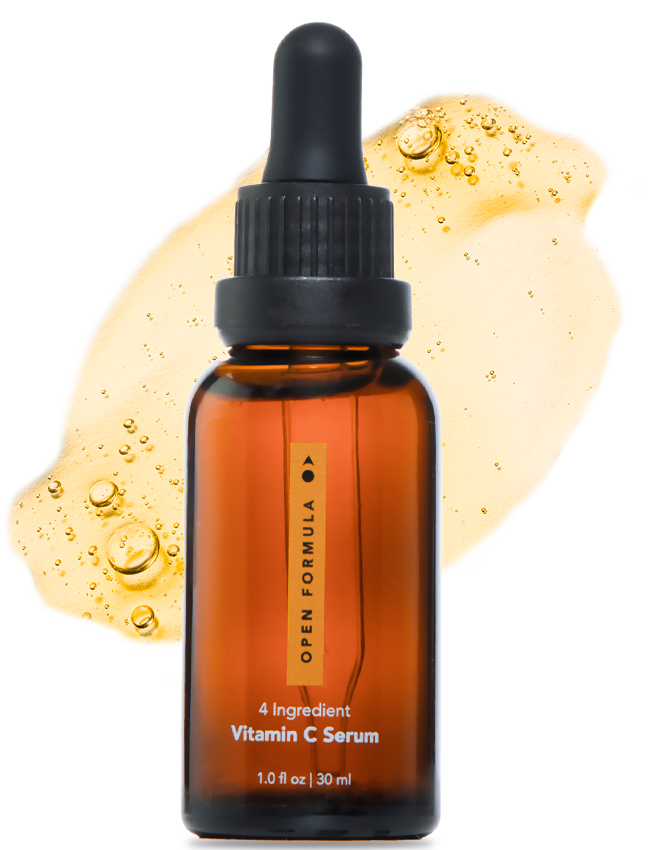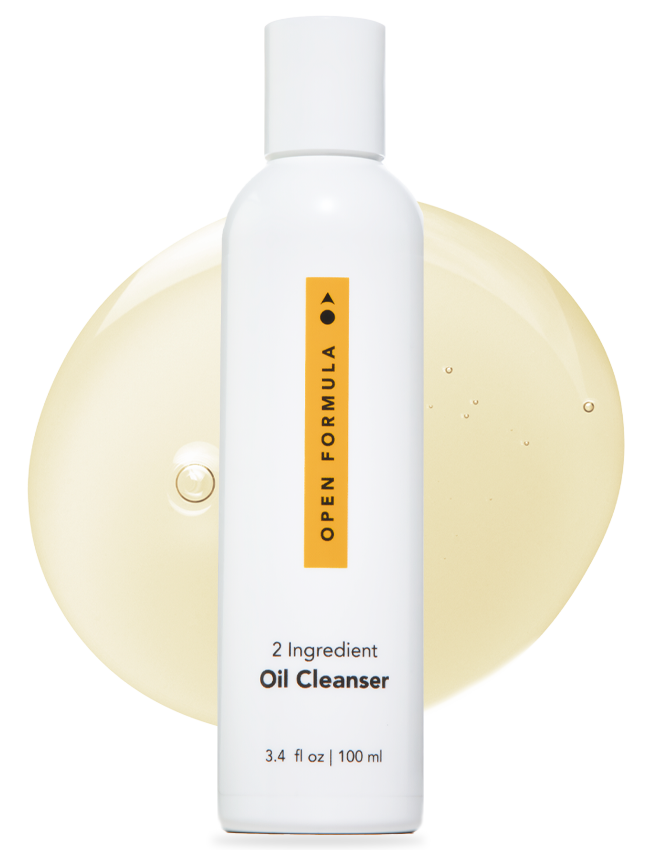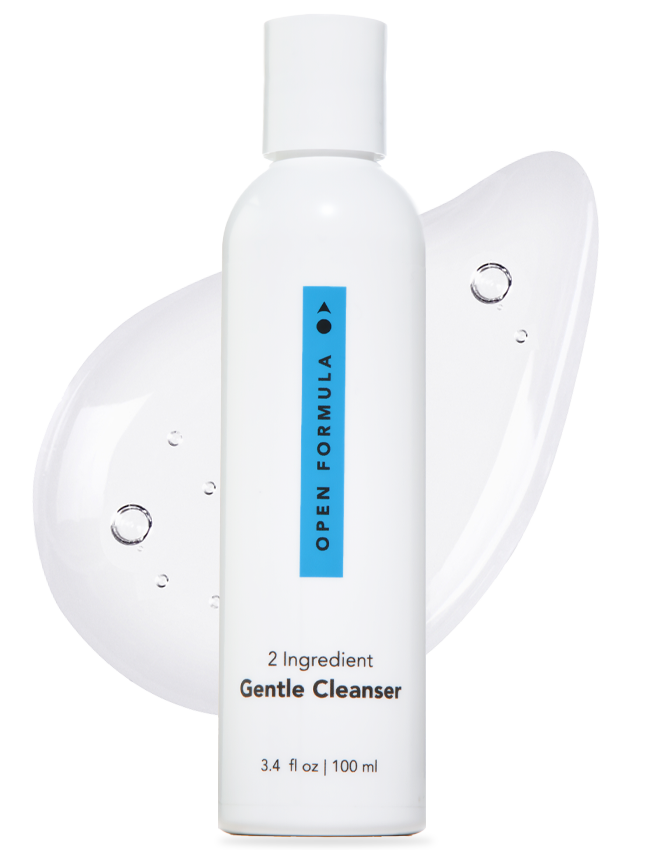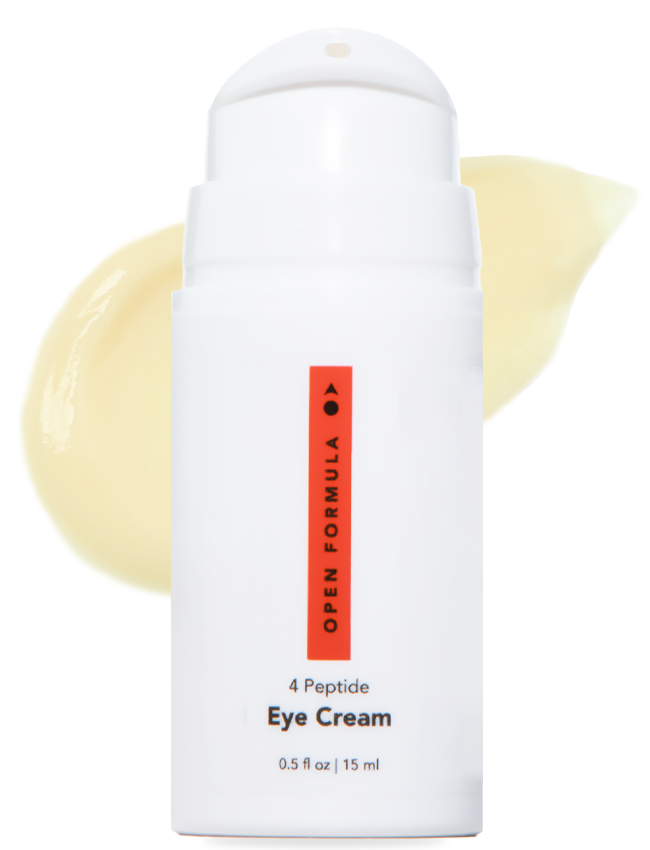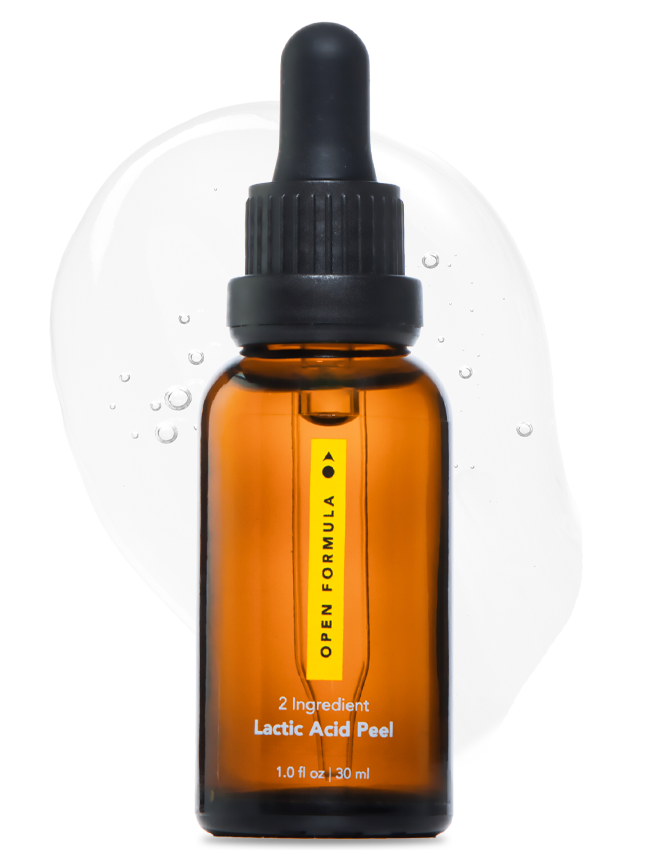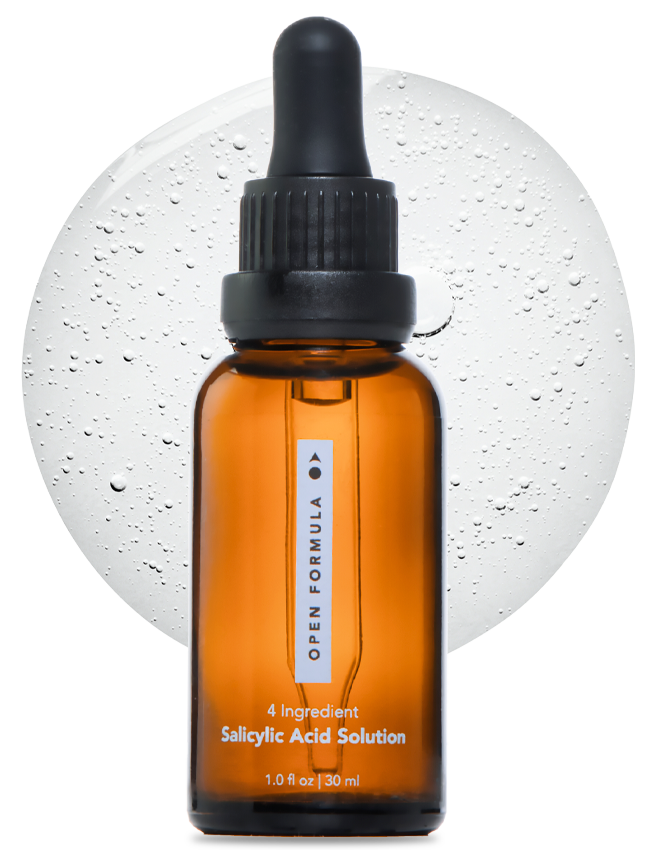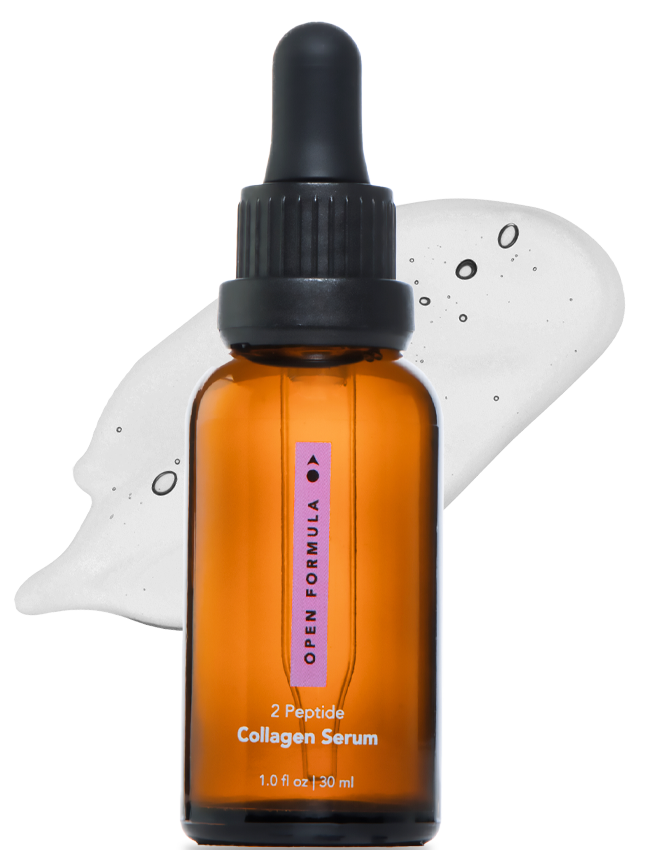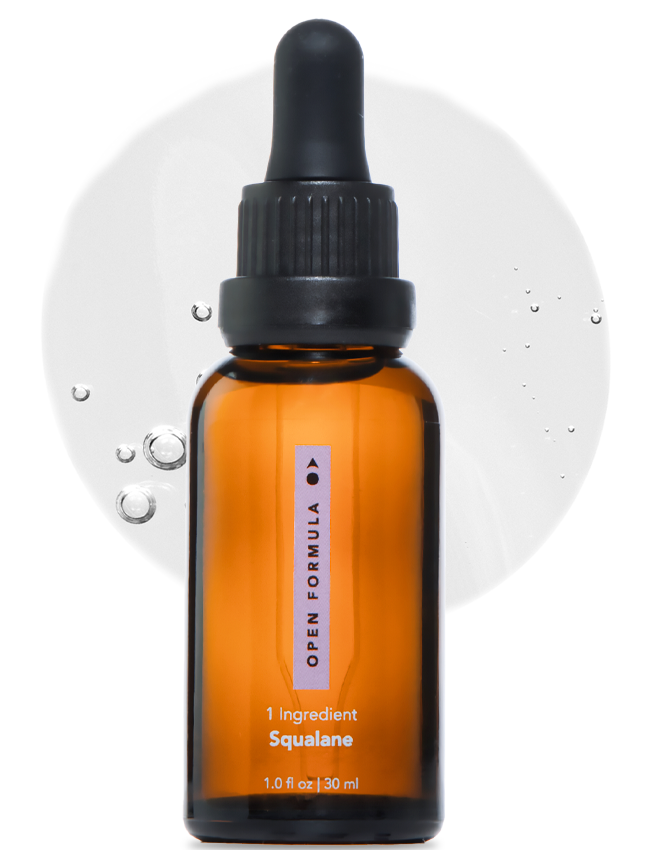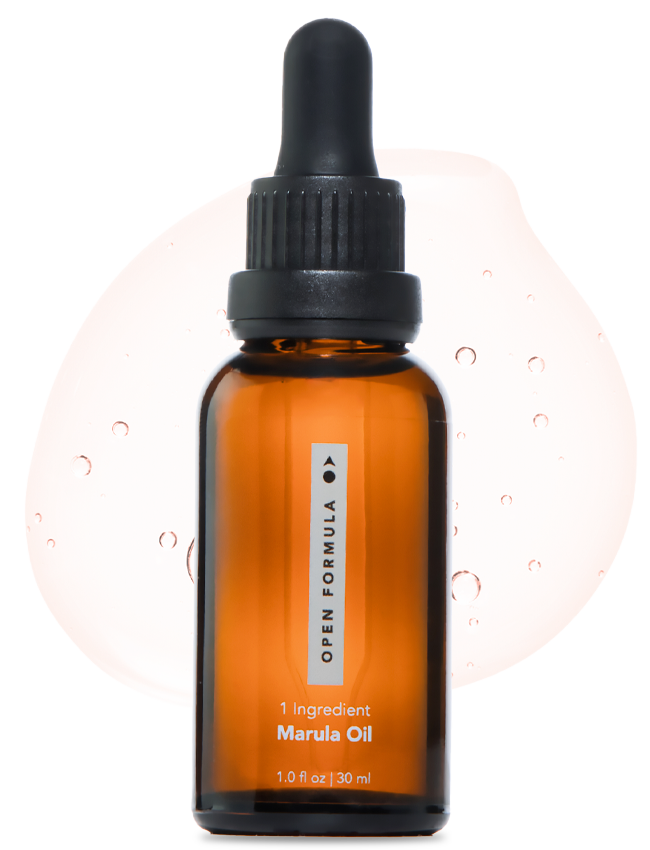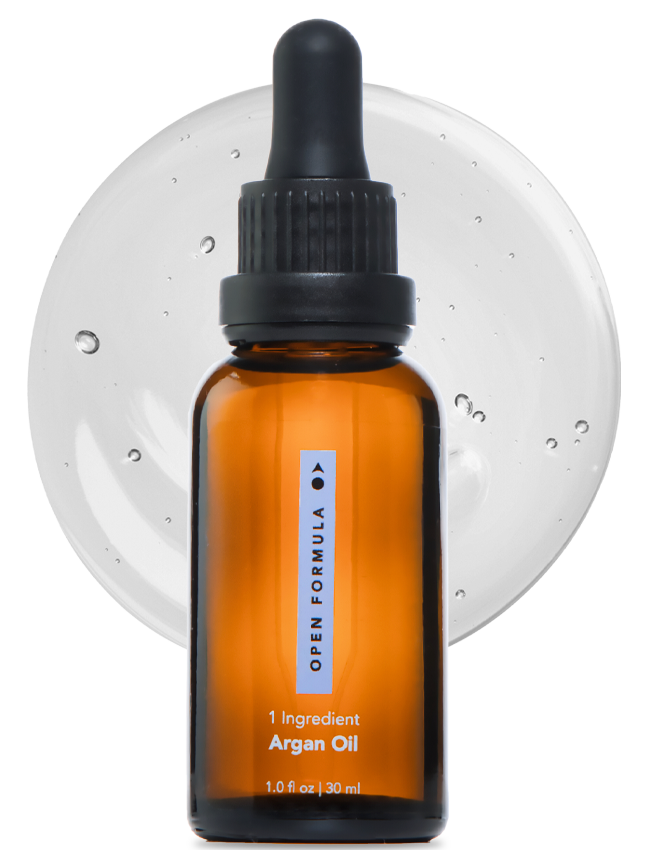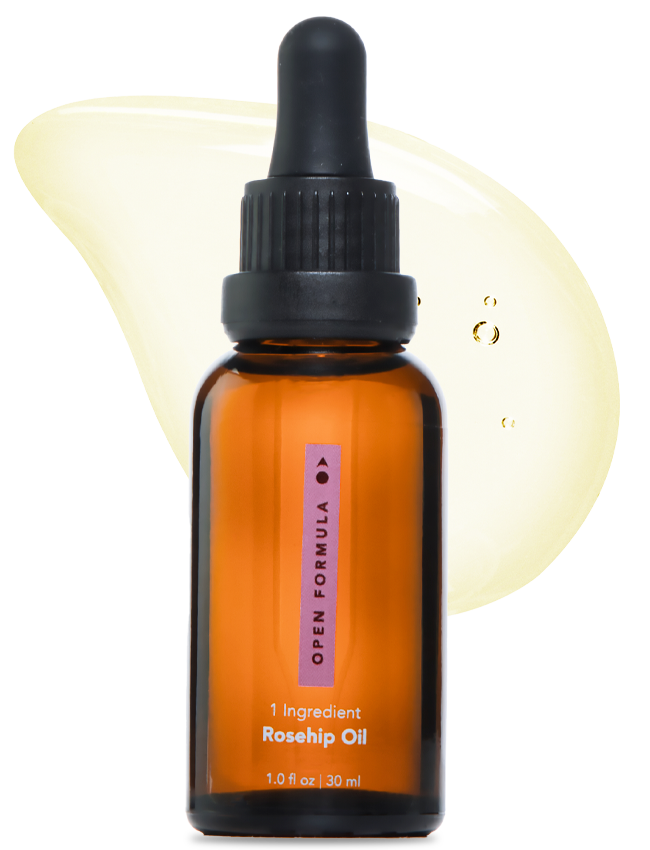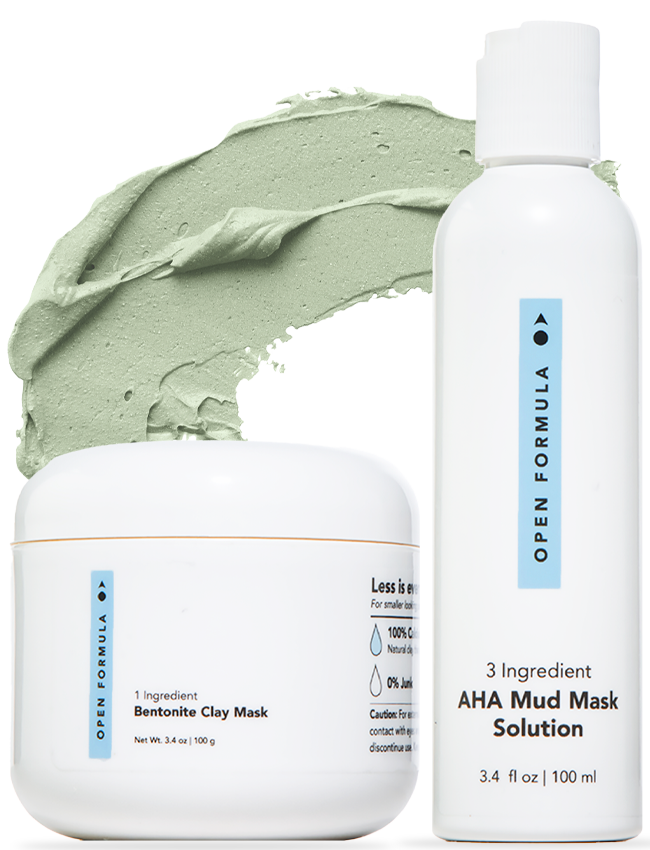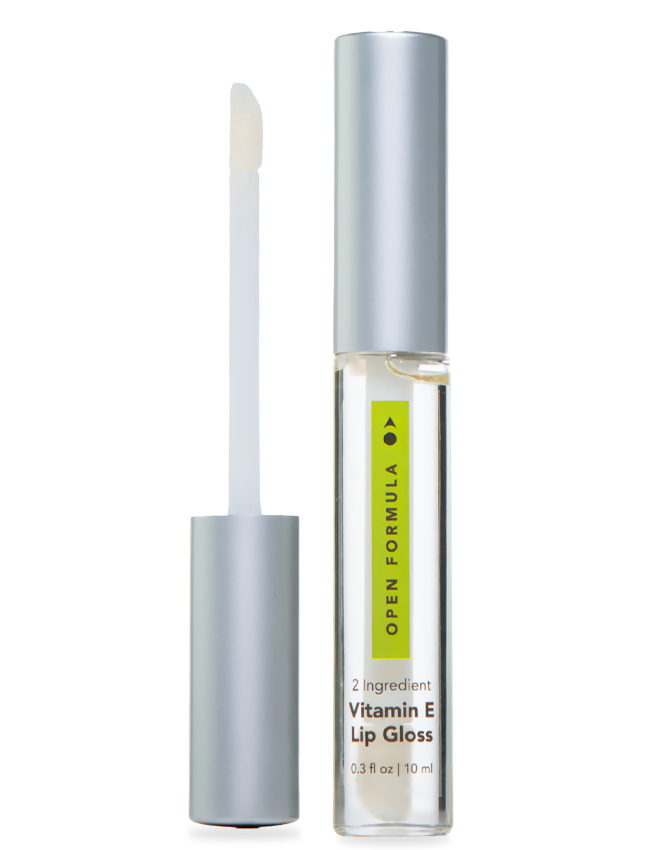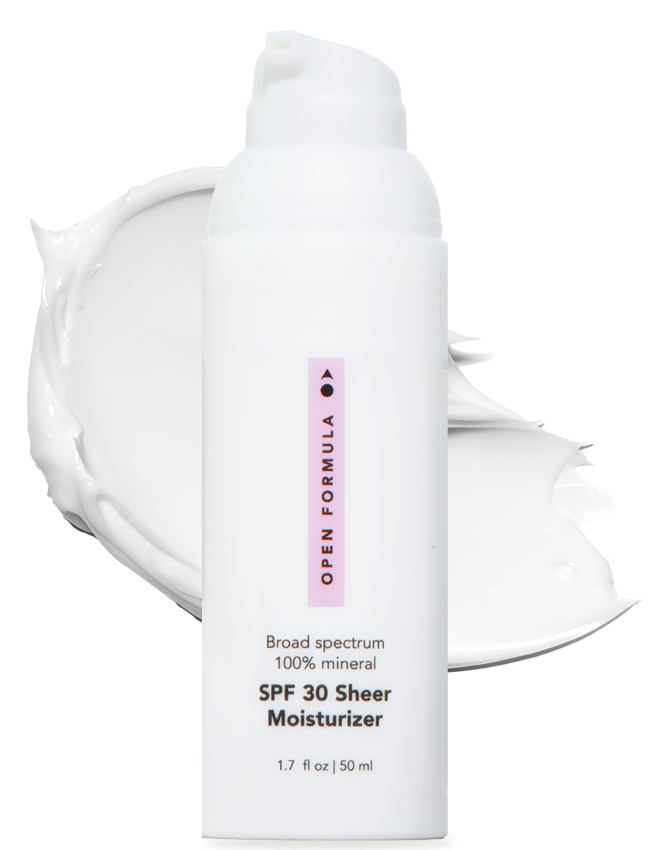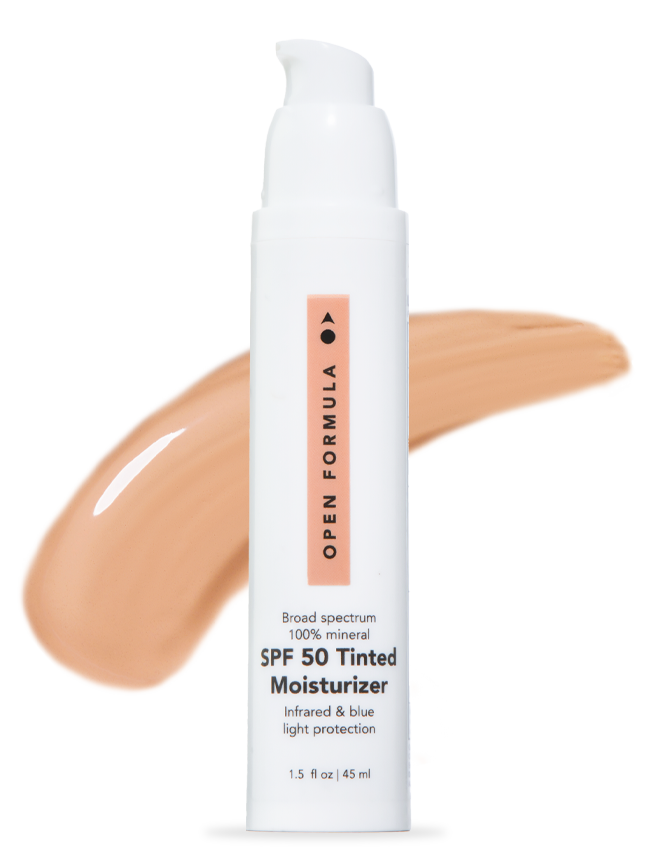OpenFormula Founder Damyan Nikolov had a chance to catch up with Dr. Michael Greger of NutritionFacts.org, to pick his brain on everything from the worst foods for acne flareups, to how much toxic lead the average woman ingests from applying lipstick. As it turns out, nutrition is everything. Food, skincare, and general well-being are intrinsically linked. Dr. Greger is going to show us precisely how.
Did you know some of our nation's leading causes of death are 100% reversible? That's right, not just preventable, but actually carry the ability to be stopped dead in their tracks. How? With the best medicine known to man: Food. Just ask Dr. Greger, founder and operator of the Nutrition Facts foundation, the science-based online publication dedicated to equipping the public with cutting edge nutrition research.
Damyan Nikolov: Would you mind sharing a little background on how you went from being a traditional doctor to being the guy behind the microphone at Nutrition Facts?
Dr. Greger: It started after my grandma came home in a wheelchair with end-stage heart disease, to die essentially. She thought her life was over at 65. But then she heard about this guy Nathan Pritikin, a nutritionist and researcher. They wheeled her in and she walked out. Thanks to a healthy diet, she enjoyed another 31 years on this planet. That's why I went into medicine in the first place. Why I started NutritionFacts.org. Why I practice lifestyle medicine. And why 100% of the proceeds of my books are all donated to charity. I wanted to do for everyone's family what he did for my family.
How did you come to find your voice for the website?
Well I was [thinking] there's this mountain of evidence sitting in these dusty stacks of medical library basements. But there's just no kind of budget driving its promotion to get it out to the world.
If a new study on drugs comes, out there's a press release, there's advertising. Everyone hears about it. But if some new broccoli study comes out? No one's gonna hear about it. [Nutrition knowledge] gets lost and buried. So when I realized heart disease, a No. 1 killer, could be reversed, not just treated and arrested but reversed, with a healthy enough plant-based diet and lifestyle. I thought, look, that's our No. 1 killer of men and women. Hundreds of thousands of Americans continue to die needlessly from preventable, arrestable, reversible conditions. I made it my life's mission to find out what else could get lost down that rabbit hole.
Food is a super-medicine according to a lot of your research. Besides heart disease, what else can it be effective in treating?
The good news is is that we have tremendous power over our health, destiny, and longevity. The vast majority of premature death and disability is preventable. One of the largest research studies ever found that the No. 1 cause of death in the United States is our diet. Bumping tobacco to No. 2. Cigarettes kill about a half million Americans every year. But diet kills more. These are life and death decisions.
[These choices] can also prevent and reverse other leading killers like diabetes and high blood pressure. The case for plant-based eating is simply overwhelming at this point.
Switching to beauty and skin: How does nutrition translate there in general?
If you're eating, for example, the carotenoid, the vital nutrients of fruits and vegetables, yellow orange pigments, in sweet potatoes and cantaloupes and mangoes, they get deposited in your skin and can give you this kind of golden glow. And this is not just for Caucasian faces. I show people before and after shots of eating healthy fruits and vegetables and perceived healthiness and attractiveness [improves].
We are attracted to people with a golden glow, or a rosy glow. Maybe that's a cue that our brains are subconsciously picking out potential mate choices that are healthier. High antioxidant, high anti-inflammatory improve skin health in all sorts of ways, from skin appearance to skin diseases like acne.
What about on the other end, what happens to your skin if you overdo it on inflammatory, junk food and fast foods?
For acne, the primary dietary factors are dairy consumption and high glycemic load food, which would be the sugary junk. Pasta, while it's made from the same ingredients as bread, has a totally different effect on our blood sugar response just because of the compactness. It's beneficial because it has to work its way through the digestive system, and it's a much slower digestive process.
How about chocolate? How does that impact your skQDin?
Chocolate is really kind of an interesting story because there are certainly studies suggesting chocolate can increase acne. But what is it in chocolate? Is it the milk in the milk chocolate? Is it the sugar? But the research suggested that it's not necessarily the cocoa itself, it's the dairy in milk chocolate. So they eventually gave people hundreds of just straight cocoa powder pills. And in four days, acne lesions doubled. Cocoa itself impacts acne.
You've noted that a woman eats about 3 lbs of lipstick in her lifetime, correct? A lot of it contains lead. Give us some insight on that...
So people were surprised and asking why on a nutrition website I'm talking about lipstick. But you actually do end up inadvertently swallowing just a little bit of it every time you put it on your lips. Pregnant women, women of child bearing age are wearing lipstick. The concern is about toxic heavy metals, lead, is found in a wide range of cosmetic products, from eye shadow, foundation, blush. We would not expect it to go through the skin. What the FDA did was they tested 32 lipsticks and lipglosses. They found about 3 quarters of the products exceeded the FDA recommended maximum level for candy. But the reason they set the maximum so low is because they assumed kids are eating candy every day. Kids are not eating tubes of lipstick every day. That's an extremely low bar. It's a little too conservative, sure. But at the same time, there's really no safe level. Ideally we should try to get contaminants down to zero. And the fact that a quarter of the lipsticks were lead-free, we know it can be done. Let's make lipsticks without lead. Why not?
So obviously the billion dollar lipstick industry wasn't happy about this. And they tried to do all this modeling suggesting that given people's lead exposure in general, with how we used lead gas for so long, and it's just kind of contaminating our entire environment. The amount of extra lead that gets in lipstick probably wouldn't take you above baseline levels. But then in 2016 they tested 10 times more lipsticks and found that levels were, instead of 1 or 2 parts per million lead, on average around 500 parts per million. 10% had over 1000 all the way up to 10,000. For some reason orange and pink had more than brown red or purple. The worse ones were the cheaper ones like under 5 bucks. So one application of that would expose a grown woman to nearly 12 times of daily tolerable intake. That's really outrageous.
So we phased out lead-based paints but we're still eating lead today?
The good news is, the FDA is considering lowering the maximum levels. This is something Canada did over a decade ago. But you know without enforcement it doesn't matter. You can put the legal limit anywhere you want. Right now the limit is 20 but it doesn't matter because there's still so many of these products on store shelves. They should just eliminate lead from their products period.
So with all this nutrition knowledge, when you actually buy products, how do you make a decision? Do you constantly analyze nutrition benefits?
You do all the work up front, so you know what's healthy. I have this free app on iPhone Android called Dr. Greger's Daily Dozen. There I try to inspire people to eat some of the healthiest of healthy foods. I encourage people to eat berries every day, the healthiest fruits. And to eat greens every day, the healthiest vegetables. Flax seeds, which actually have benefits in terms of treating sensitive skin. Everything from how much water to drink, best sweeteners, best beverages, how much exercise to get every day. Just trying to inspire people. But if you slip and don't eat healthy one day, the next day just try to do better. It's the day-to-day stuff that really adds up. In the end, aim for a diet with plant-based nutrition.

![Dr. Michael Greger on Nutrition for Skin Health [Interview]](http://openformula.com/cdn/shop/articles/dr-greger-nutrition_600X400_95fb4644-2fda-4eb5-8c6d-2f778db2d901.jpg?v=1649451830)





